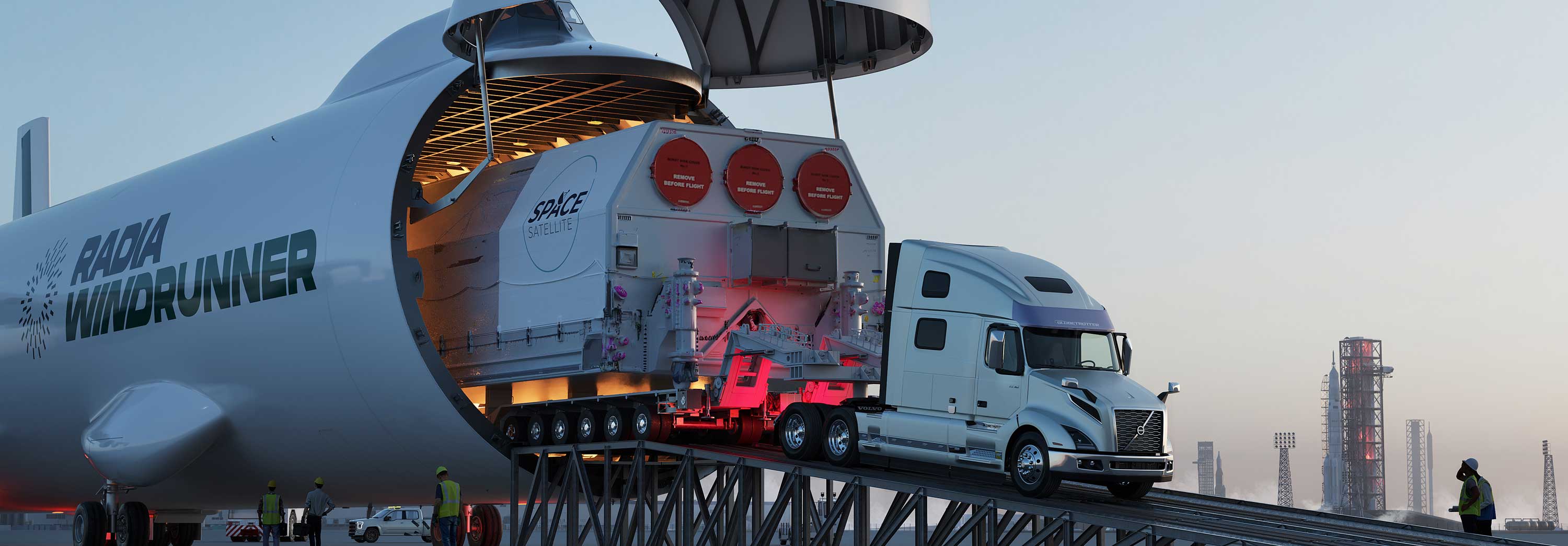Media & News
Latest Media & News

Feb 19, 2026
Radia Appoints Former USAF Lieutenant General Rick Moore as Advisor

Feb 04, 2026
Radia Responds To U.S. Transcom RFI On WindRunner
Source: AviationWeek

Feb 02, 2026
Start-up Radia makes Singapore air show debut with WindRunner ultra-heavy-freighter concept
Source: FlightGlobal

Jan 27, 2026
Radia Showcases WindRunner™, the World’s Largest Aircraft, at the Singapore Air Show

Nov 17, 2025
Radia and Maximus Air Collaborate to Pioneer Next-Generation Global Air Cargo Solutions

Oct 31, 2025
Radia and Atitech Announce Strategic Collaboration for WindRunner™

Oct 16, 2025
EATC Hosts Strategic Exchange with RADIA on Future Oversized/Outsized Airlift Capability
Source: EATC

Oct 07, 2025
WindRunner unveiled : the U.S. cargo plane that delivers whole squadrons ready for action
Source: Le Ravi

Oct 01, 2025
Radia Appoints General Chris Badia as Strategic Advisor

